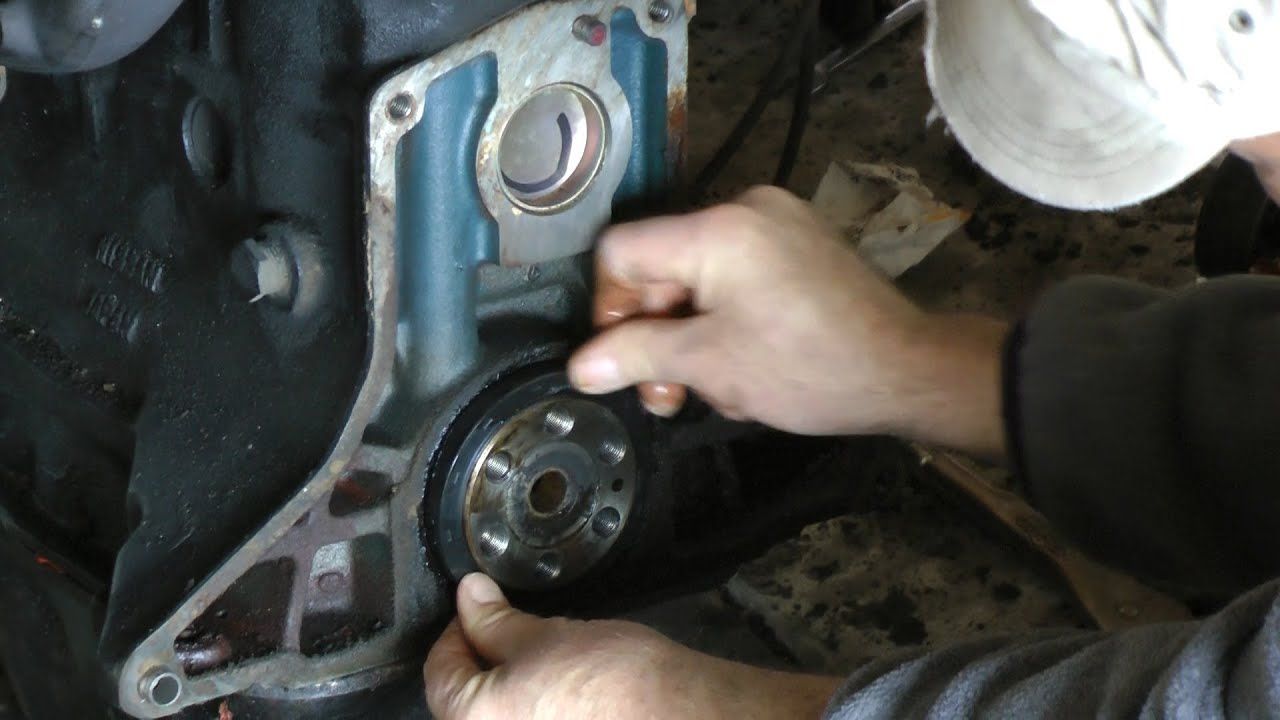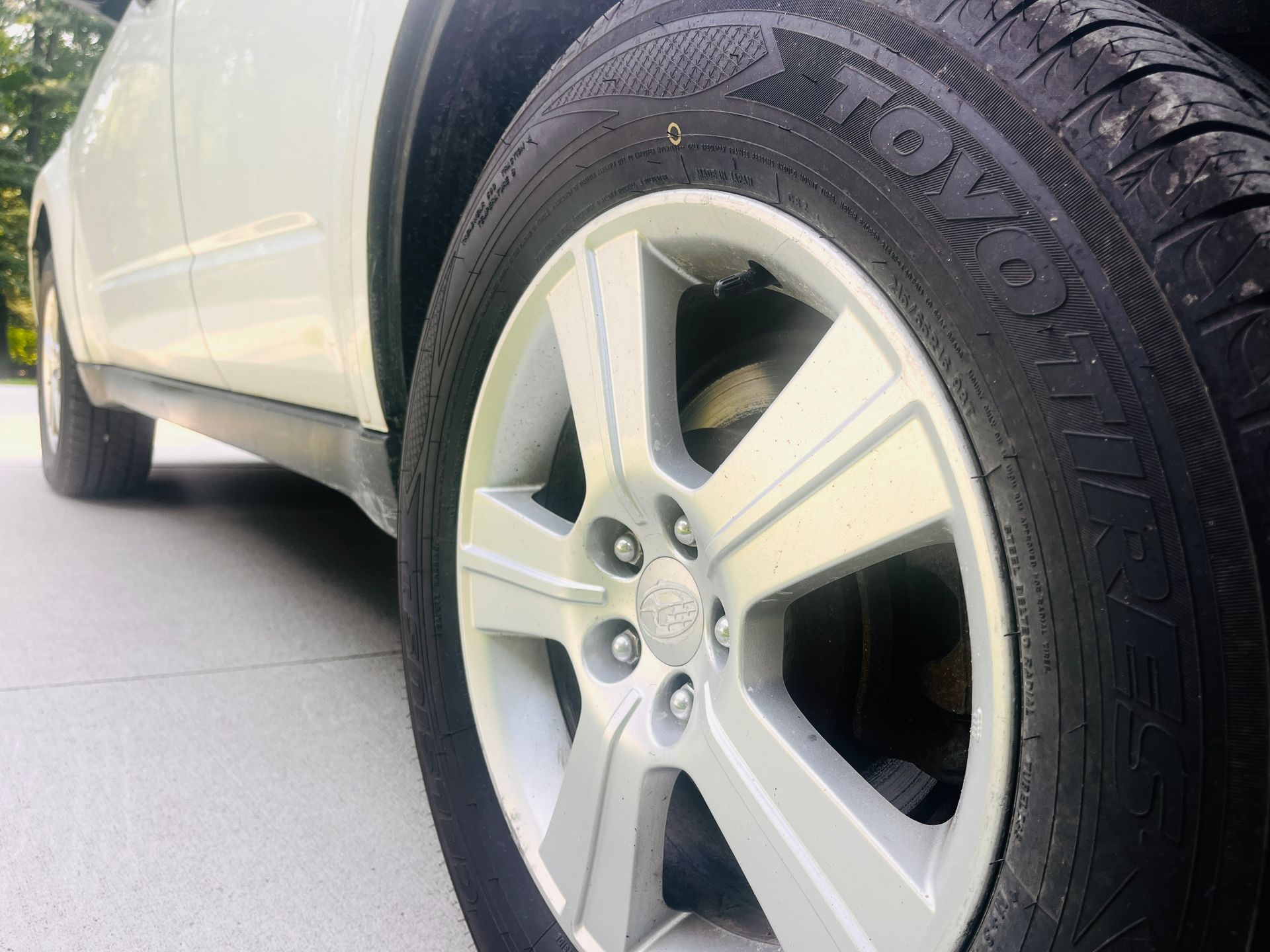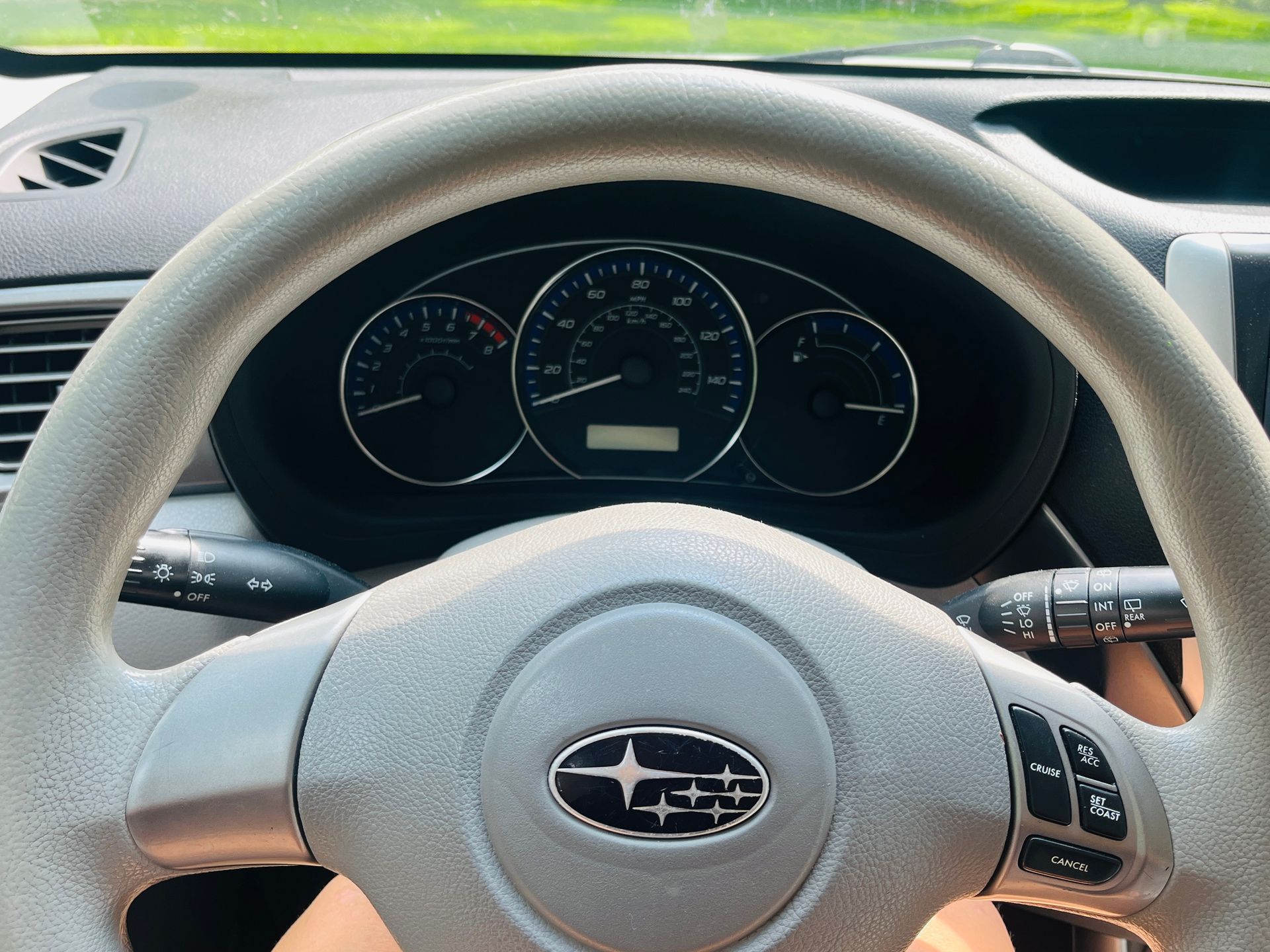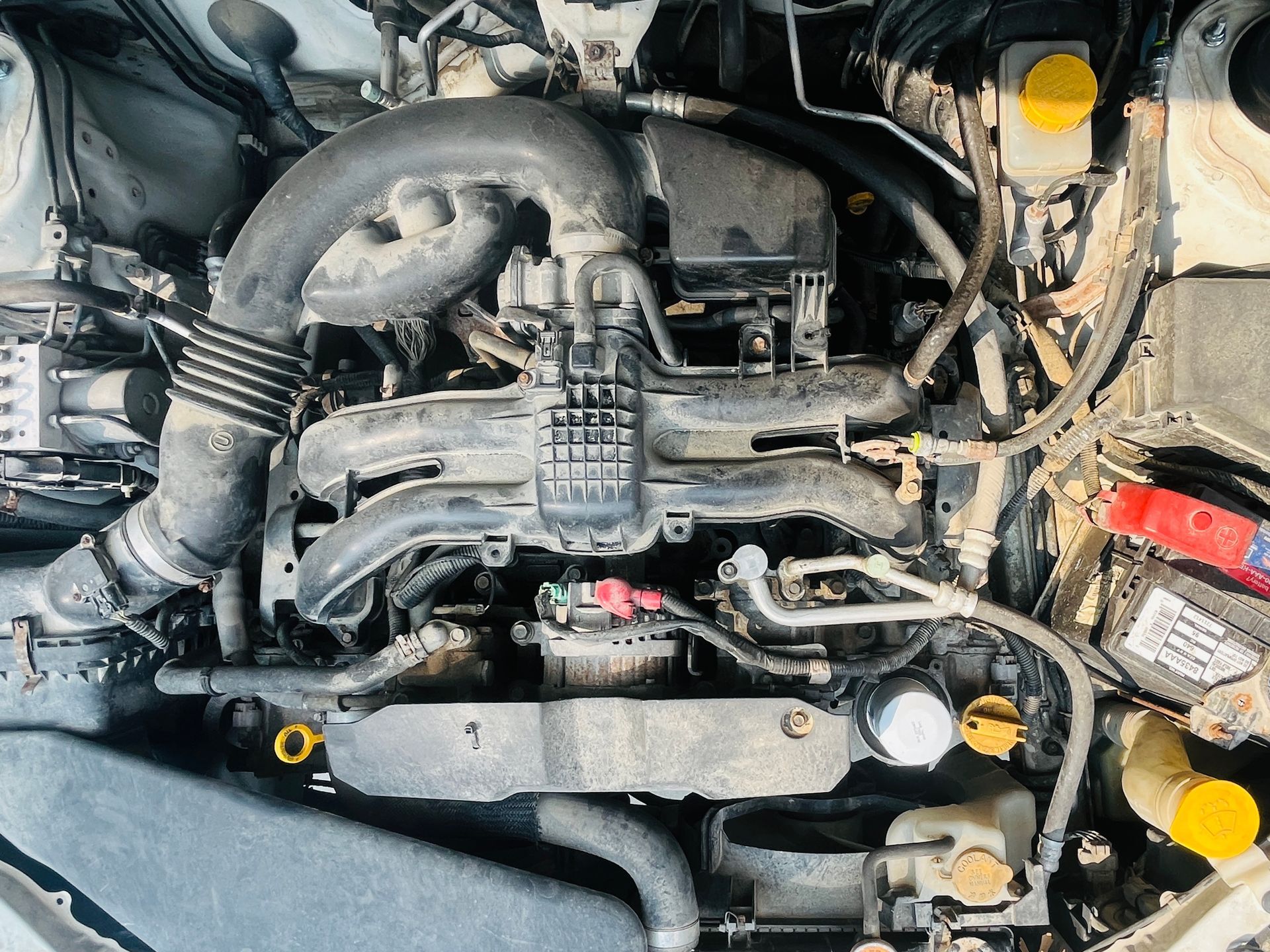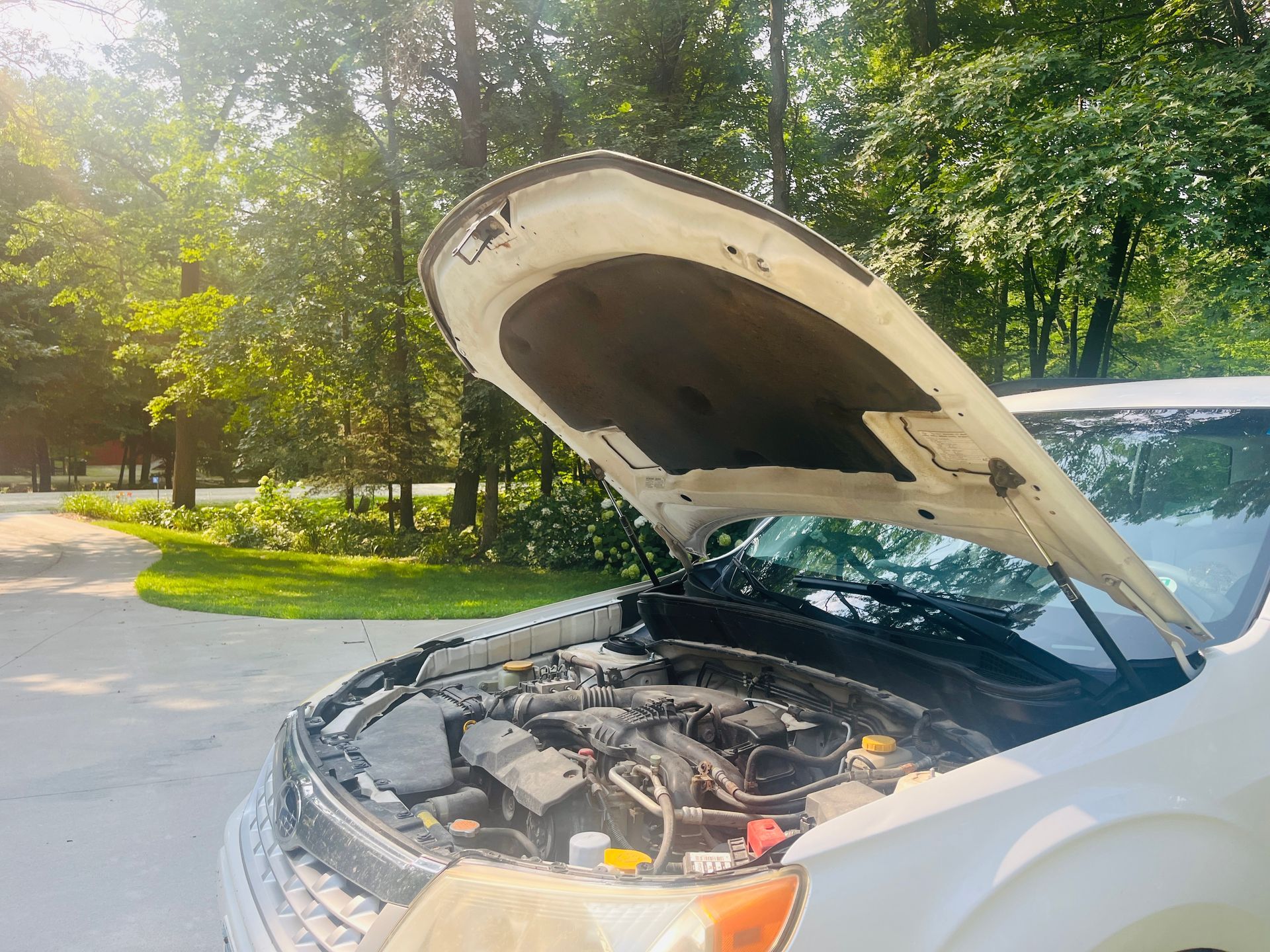What Happens If You Don’t Change Your Car’s Oil?
July 2, 2024
Skipping Oil Changes: Risks, Consequences, and Importance of Car Maintenance
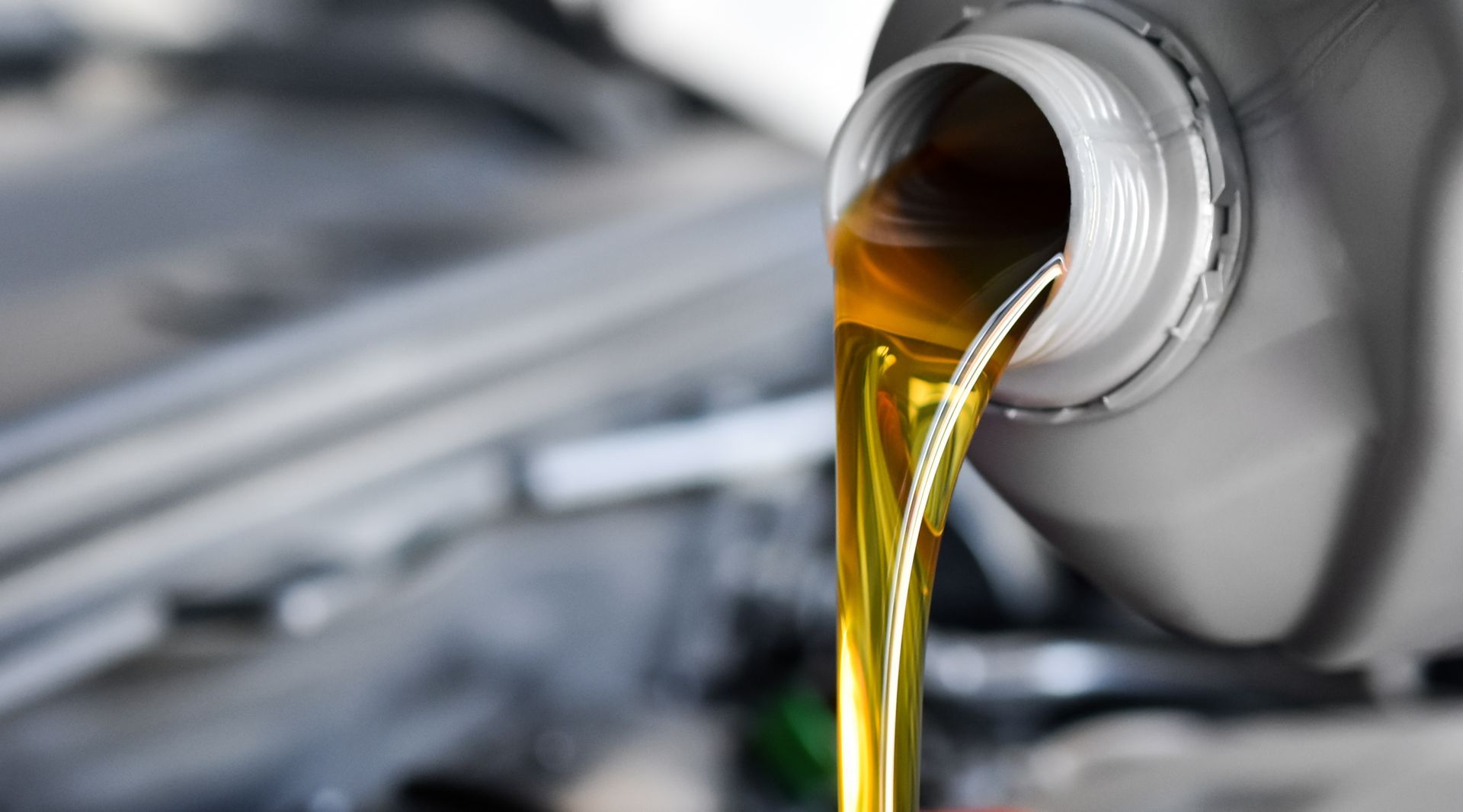
Maintaining your car can sometimes feel like a chore, but it’s essential to keep your vehicle running smoothly. One of the most crucial aspects of car maintenance is regularly changing the oil. But what happens if you neglect this vital task? Let’s dive into the potential consequences of skipping oil changes and why this simple maintenance step is so important.
The Role of Engine Oil
Engine oil plays several critical roles in your car’s engine:
- Lubrication: It reduces friction between the moving parts, preventing wear and tear.
- Cooling: It helps dissipate heat away from the engine components.
- Cleaning: It carries away dirt, debris, and microscopic metal particles that accumulate in the engine.
- Protection: It prevents corrosion by creating a protective layer over engine parts.
Consequences of Not Changing Your Oil
Increased Engine Wear and Tear:
Over time, oil breaks down and loses its effectiveness. Without fresh oil to lubricate the engine, the metal parts start grinding against each other, causing increased wear and tear. This can lead to severe damage and potentially catastrophic engine failure.
Overheating:
Engine oil not only lubricates but also helps in cooling the engine. Old, degraded oil cannot dissipate heat effectively, causing the engine to overheat. Overheating can warp engine components, damage the gasket, and lead to costly repairs.
Accumulation of Sludge:
As oil ages, it thickens and turns into sludge. This sludge can block the oil passages, preventing proper lubrication. The engine then has to work harder, reducing its efficiency and lifespan. In severe cases, sludge can completely block the oil flow, leading to engine seizure.
Reduced Fuel Efficiency:
Fresh oil ensures that the engine runs smoothly and efficiently. When oil degrades, it loses its lubricating properties, causing the engine to work harder and consume more fuel. This results in reduced fuel efficiency and increased emissions.
Voiding Your Warranty:
Many car manufacturers require regular maintenance to keep the warranty valid. Skipping oil changes can void your warranty, leaving you unprotected if something goes wrong with your vehicle.
Potential for Engine Failure:
Ignoring oil changes for an extended period can lead to complete engine failure. The cost of replacing an engine far exceeds the relatively minor expense of regular oil changes.
How Often Should You Change Your Oil?
The frequency of oil changes depends on several factors, including the type of oil used, the age and model of your car, and your driving habits. Generally, it’s recommended to change the oil every 3,000 to 5,000 miles, but always refer to your vehicle’s owner’s manual for the manufacturer’s recommendations.
Regular oil changes are a simple yet vital part of car maintenance. Neglecting this task can lead to severe engine damage, reduced performance, and costly repairs. By staying on top of your oil change schedule, you can ensure your car remains reliable, efficient, and running smoothly for years to come. Don’t let something as basic as an oil change turn into a major problem—keep your engine healthy and happy with regular maintenance. Schedule your oil change today!

